Water Conservation 101: Simple Hacks for a Water-Wise Home
Apr / 2025

Every day, it seems, headlines warn of hotter summers, more intense fire seasons, lower snowpack, and less water to go around.
It can feel overwhelming, and it begs the question: “What is a concerned New Mexican to do?”
As grim as the predictions can be, remember: You can be a part of the solution. Even making a few small changes at home can help. Over time and alongside your neighbors, these changes can lead to big impacts — like what people accomplished in Santa Fe. We wrote a whole blog about it here, but TLDR: Since 1995, Santa Fe has reduced its water use by 40%, despite population growth and largely due to residential water conservation. It’s an excellent example of the power of people.
Christine Chavez is the city of Santa Fe’s water conservation manager. She implements programs that make it easier and less expensive for residents to save water. Here are a few hacks that Chavez and other experts recommend:
Install Efficient Appliances:
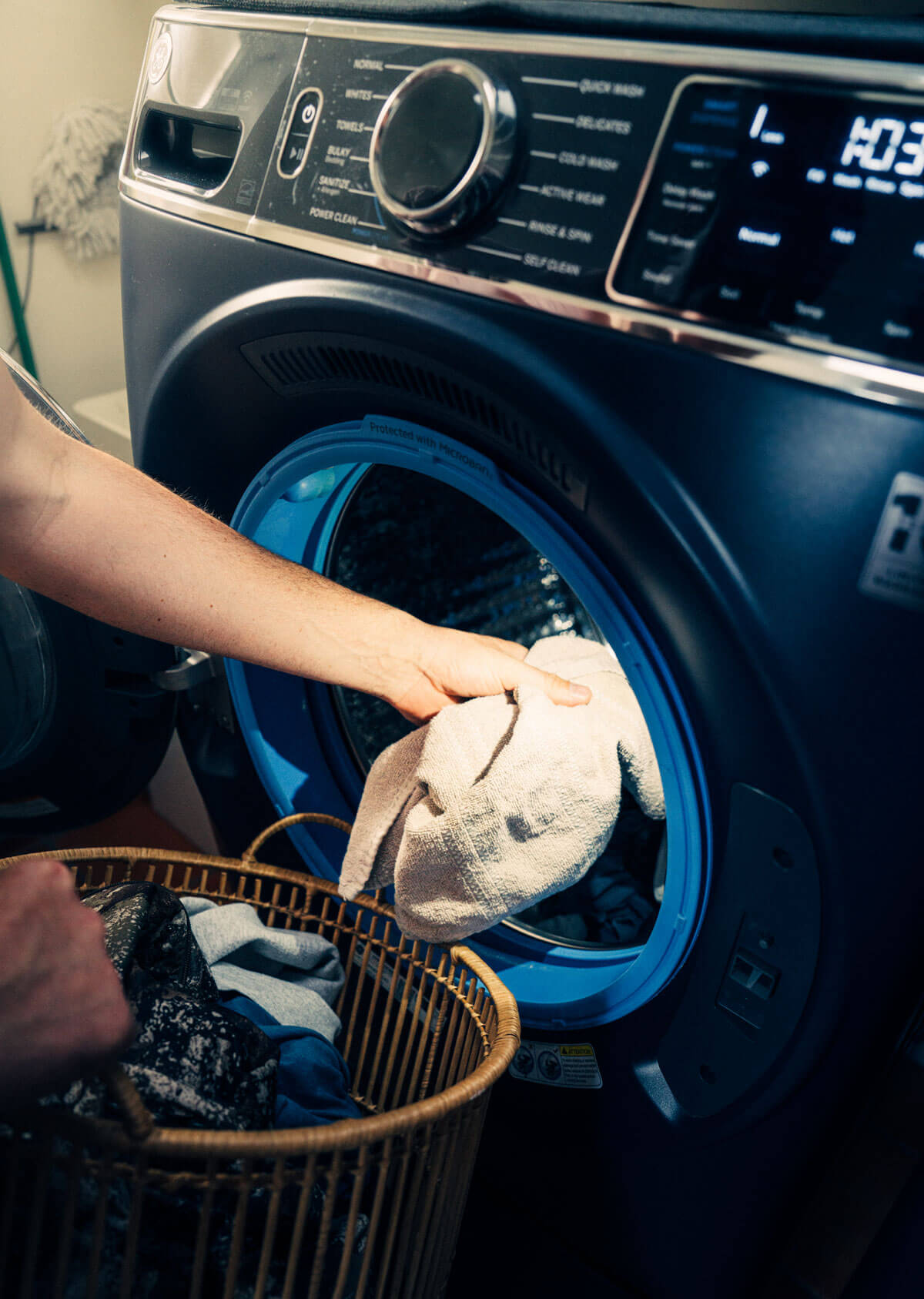
Turn Off the Tap:
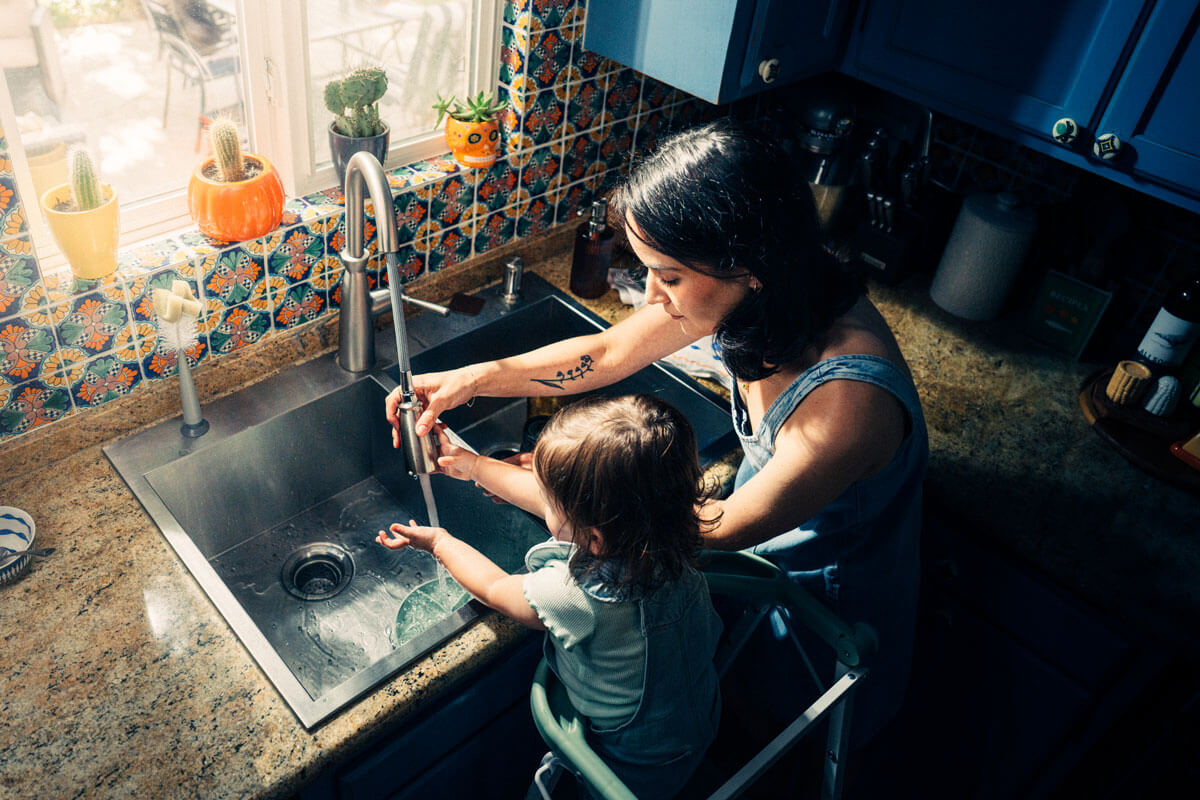
Fix Leaks:
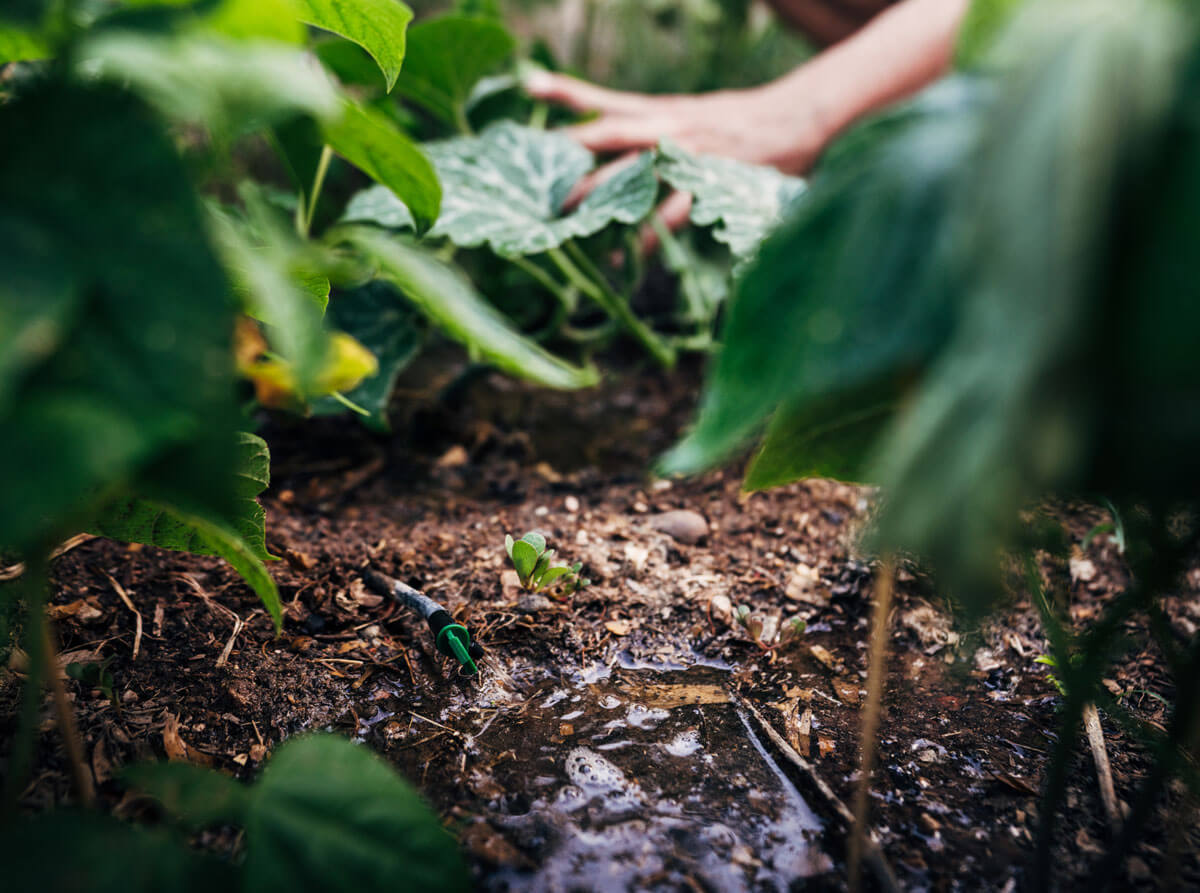
Plant Water-Wise Gardens:
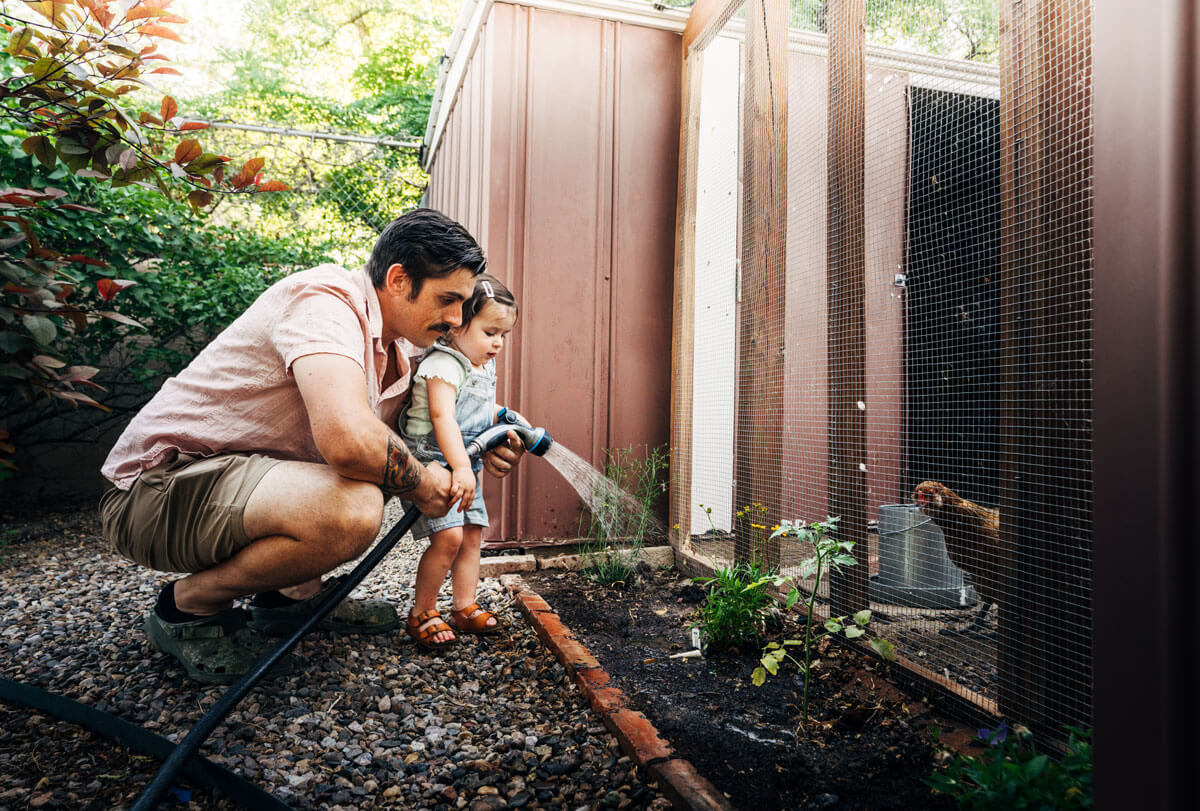
Replace Non-Functional Turf:
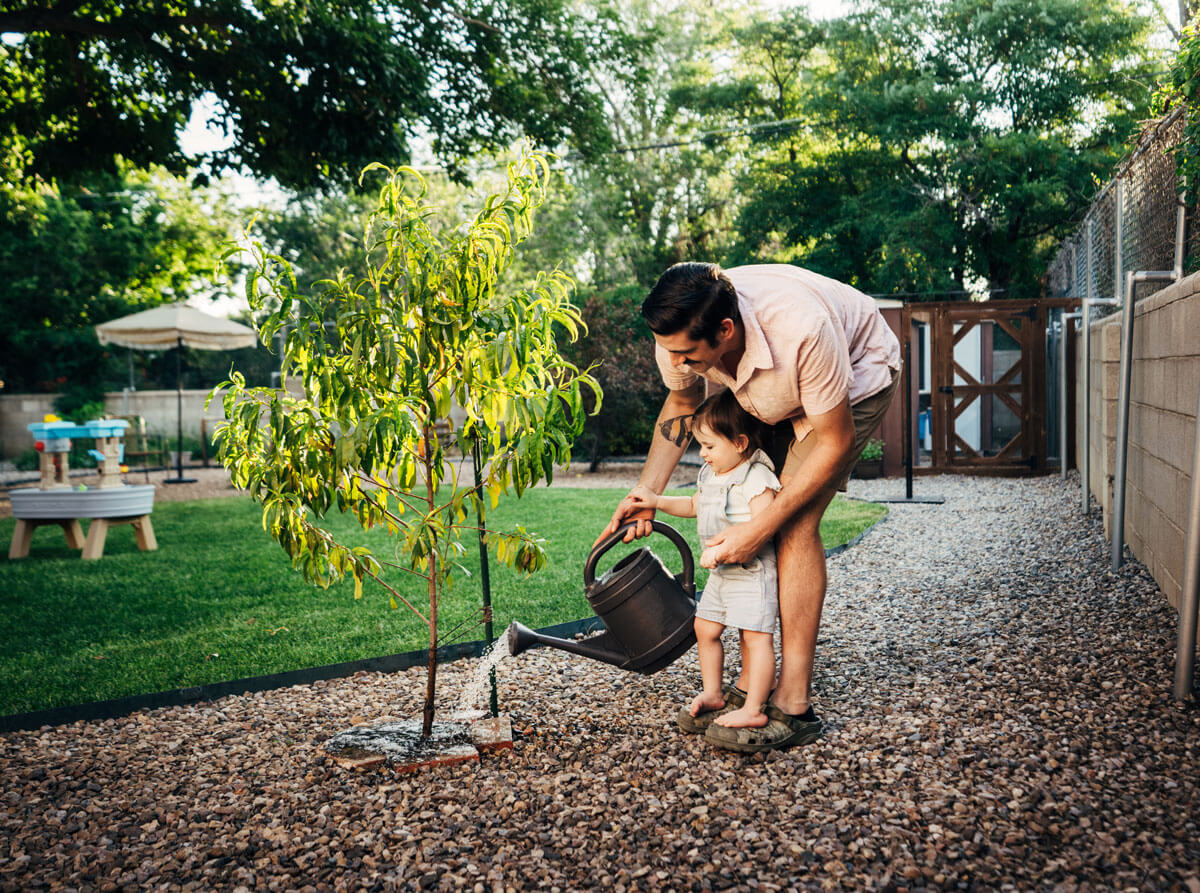
Undertaking these changes as a community will not only lead to water savings, it will also build hope. Chavez says she’s optimistic, especially when she talks to young people.
“It may not happen for us or for the older generations, but these younger generations are taking in this information, and they understand, and they're learning, and they're wanting to play bigger roles,” she says. “I think they're gonna change the way the environment is considered at a national level. So I do have a lot of optimism.”
